About the curator
Elya Myers is a researcher, writer and creator having recently graduated with a Specialized BFA in Film Studies at Concordia in Montreal. Her current research and interests orbit around anime, animation, Blackness, and race and representation across media. Her recent work at Short Ends Collective, Noir Caesar, and various collaborations with artists reflect these recurring subject(ivitie)s.

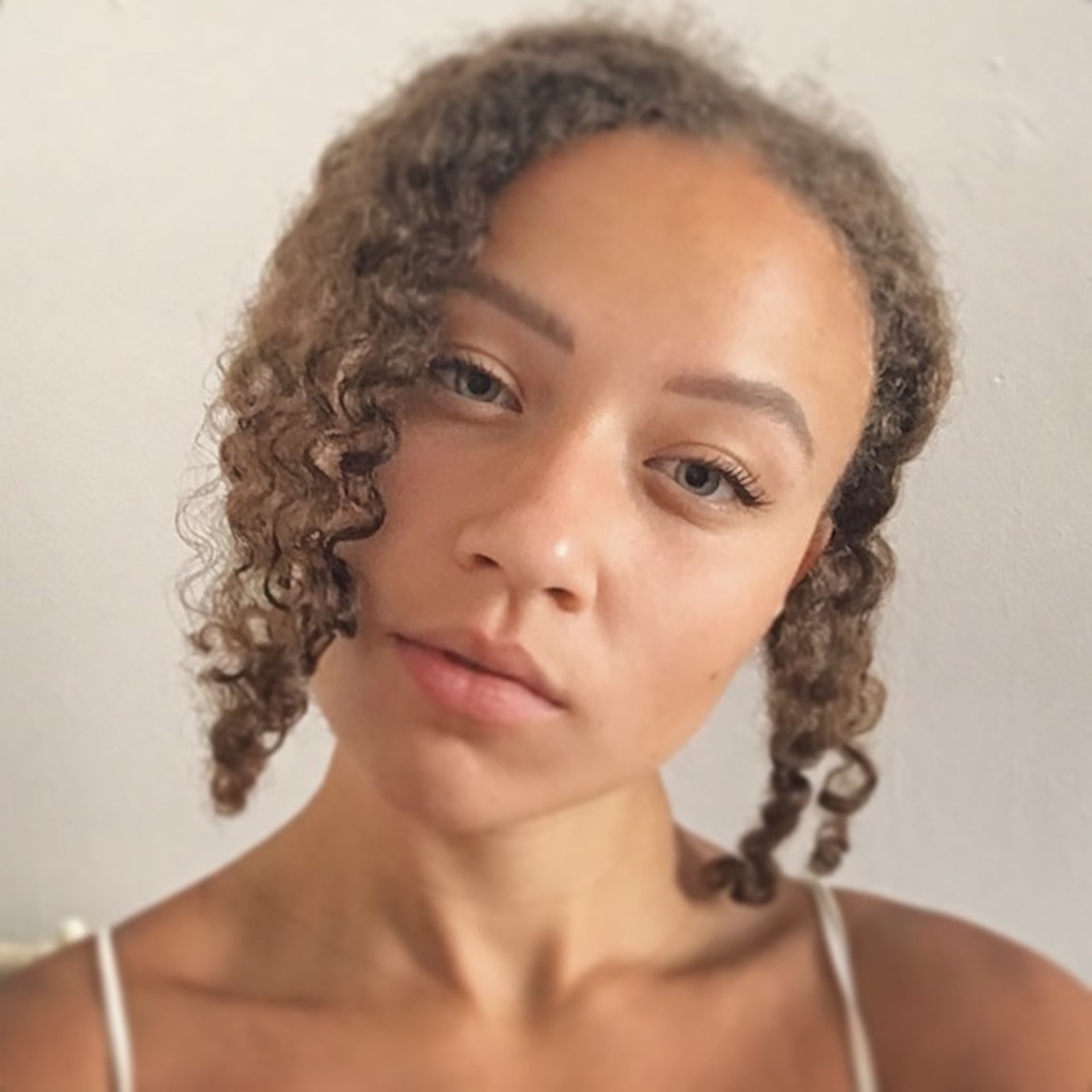
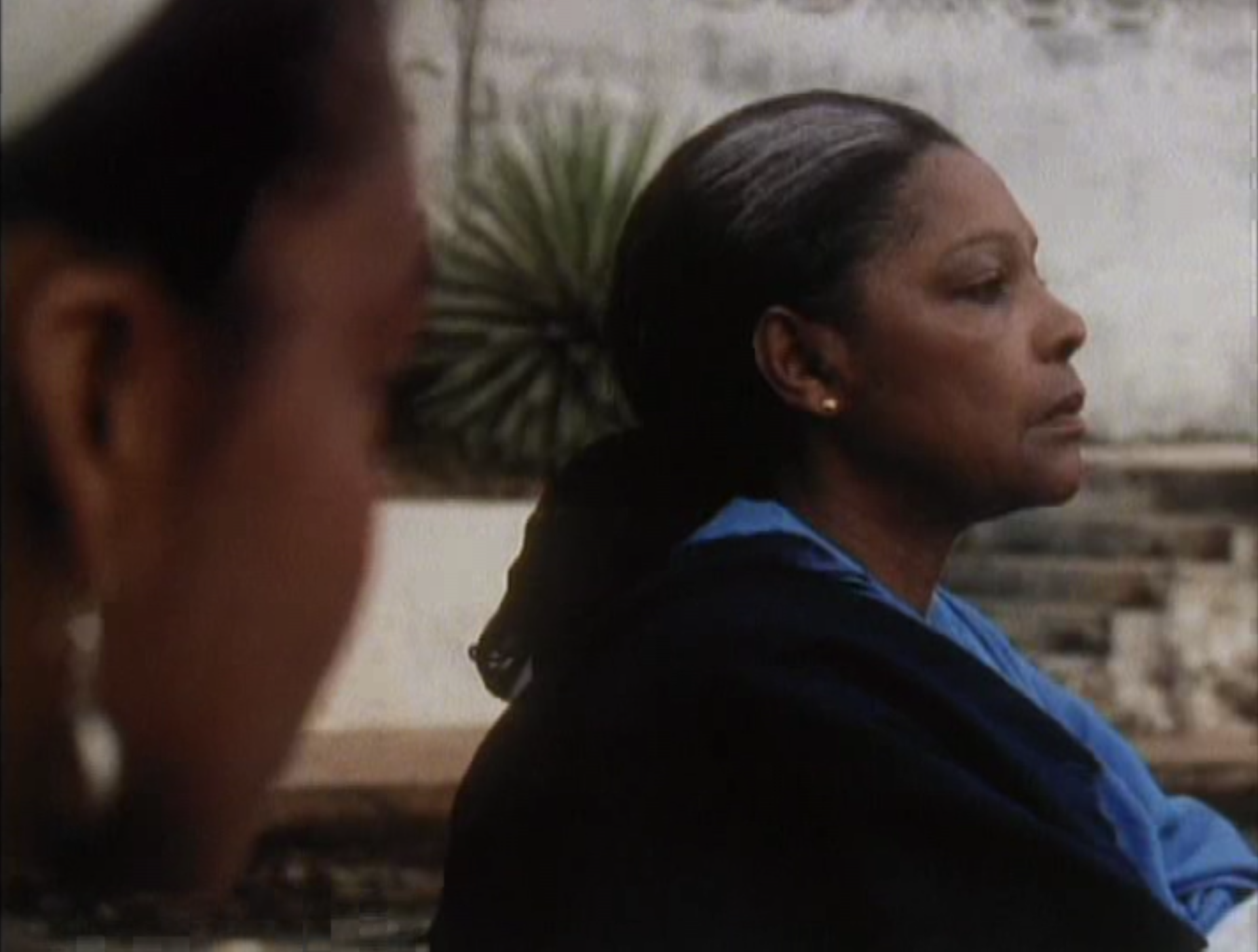 Still from What My Mother Told Me a film by Frances-Anne Solomon (1995)
Still from What My Mother Told Me a film by Frances-Anne Solomon (1995)
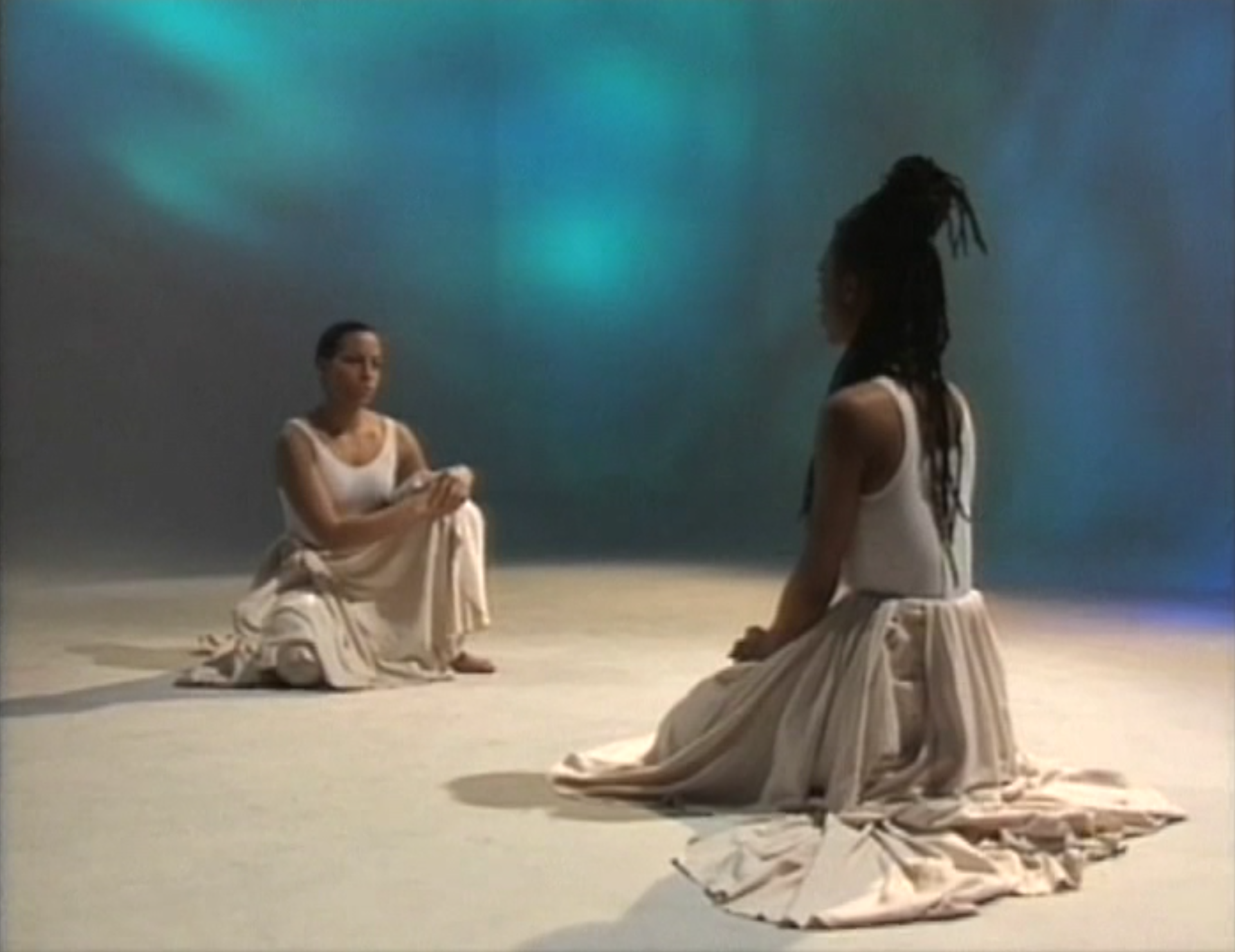 Still from I Is a Long Memoried Woman a film by Frances-Anne Solomon (1990)
Still from I Is a Long Memoried Woman a film by Frances-Anne Solomon (1990)
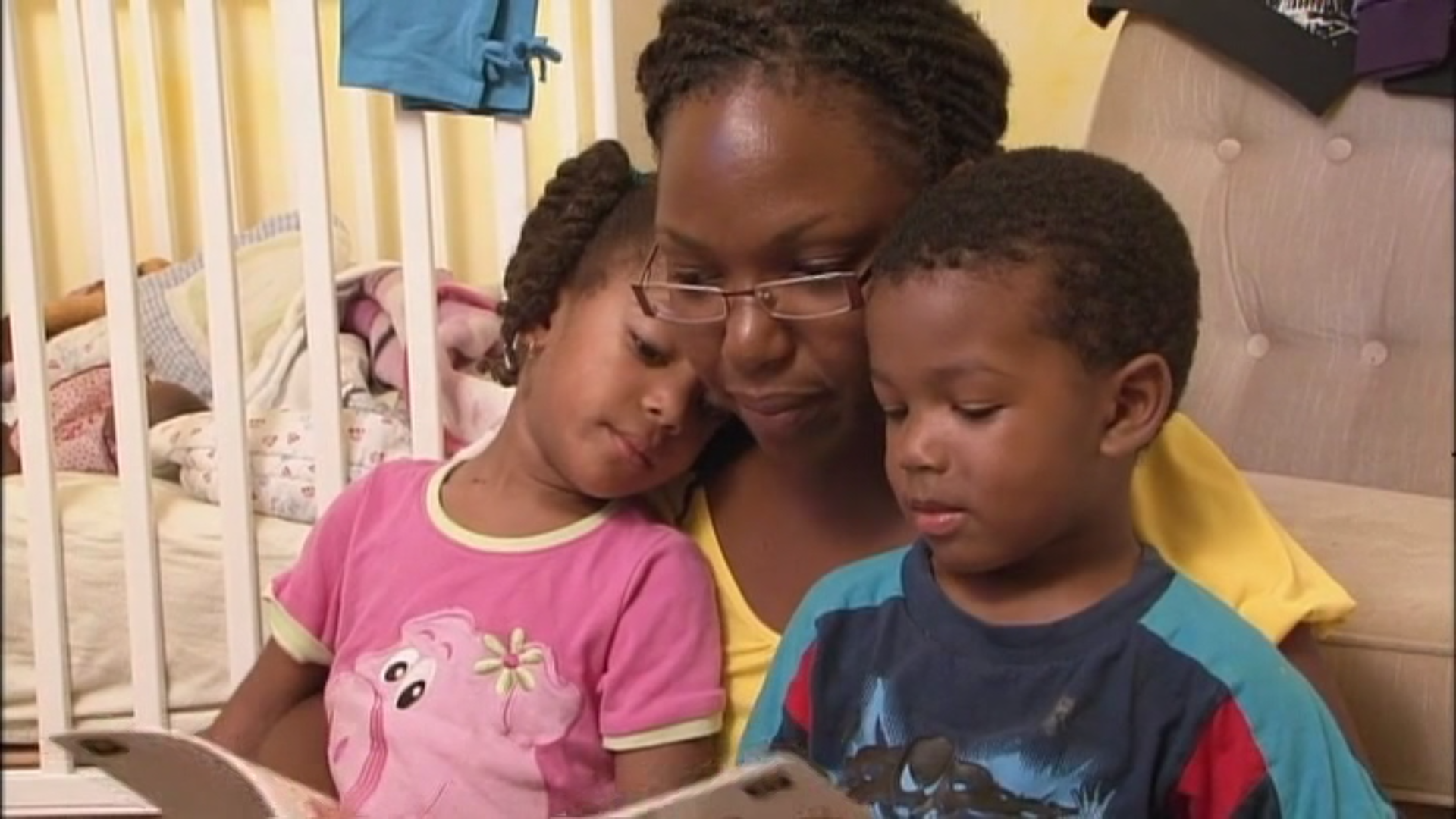 Still from Resilience: Stories of Single Black Women a film by Lana Lovell (2010)
Still from Resilience: Stories of Single Black Women a film by Lana Lovell (2010)
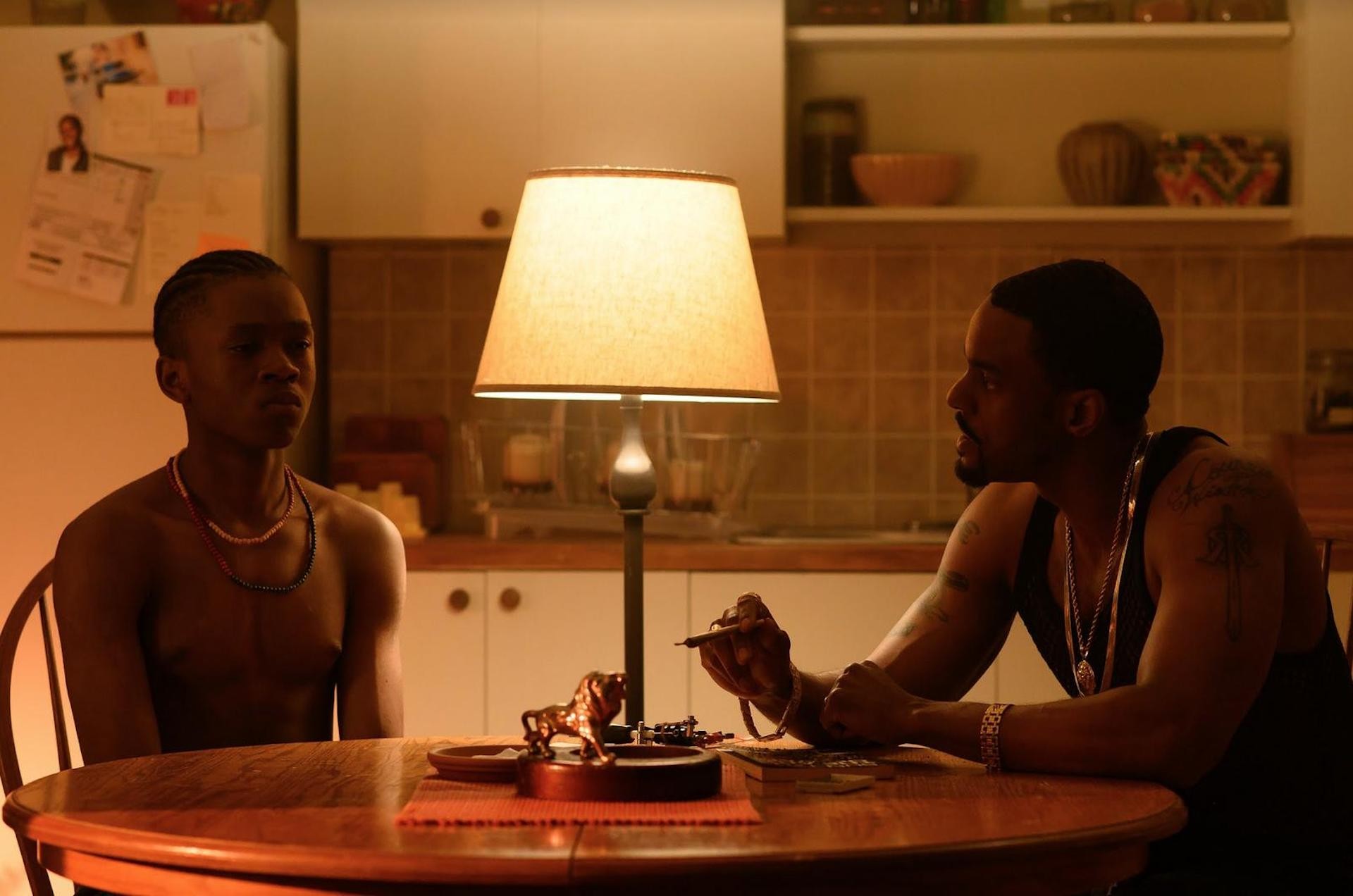 Still from Akilla’s Escape a film by Charles Officer (2020)
Still from Akilla’s Escape a film by Charles Officer (2020)
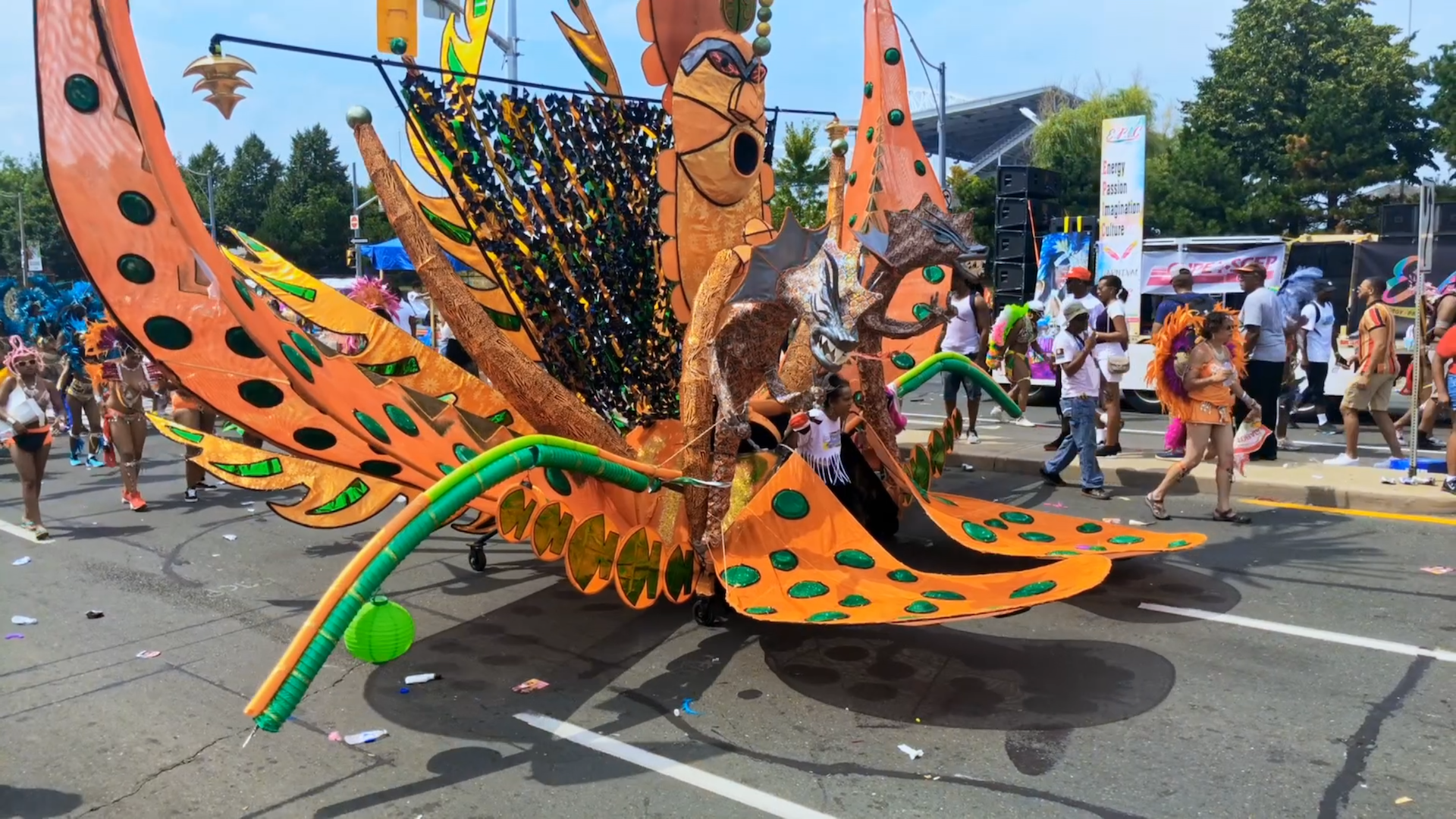 Still from But you’re not Black a film by Danielle Ayow (2020)
Still from But you’re not Black a film by Danielle Ayow (2020)